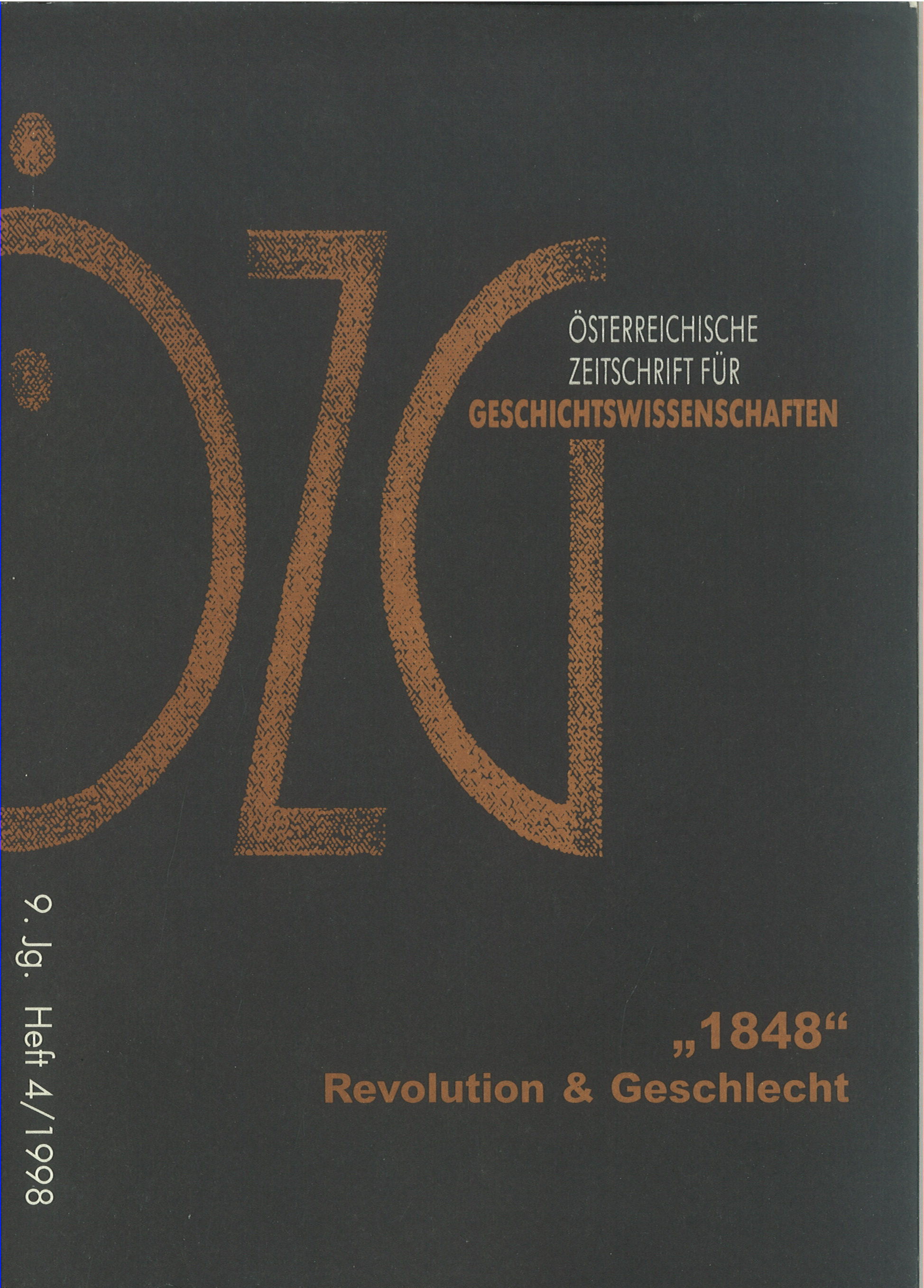On Social Reproduction of the Notabilities' System in Public Elections in the German 'Vormaerz'
Warum Jakob Levi seine Stimme Gotthilf Schumann gab
DOI:
https://doi.org/10.25365/oezg-1998-9-4-4Abstract
This article is based on the empirical reconstruction of individual voting behavior of a whole community in midnineteenth century Wurttemberg. The central question is, whether before the Revolution of 1848 liberalism succeeded in dissolving the local structures of the notabilities' system and whether voting behavior tended towards strict partisan decision-making. The empirical results show that - although liberalism became more popular and got an enormous amount of votes in community council elections - individual voting, in important aspects, still followed the classical patterns of a Weberian notabilities' system. Voters preferred candidates of wealth and education who were experienced in local administration. Until 1848 there was no group that voted strictly and exclusively liberal - not even the organised liberals themselves. This voting behavior changed in the process of the Revolution of 1848/49, and subsequently reflected the emergence of political parties.


